The exchequer-shattering schemes of the former Minister of Environment and Water Borislav Sandov and his deputy Toma Belev, who heads the National Council for Biological Diversity, are already in the crosshairs of the prosecutor's office because of a huge embezzlement of European funds that could lead to sanctions against Bulgaria, Narod has learned .bg in its next investigation into the outrages of the "green terrorists".
Our source from the Ministry of the Environment and Waters (MoEW) shed light on documents from which one of the loopholes of the Sandov-Belev tandem becomes clear - splashing 4.2 million BGN of European money for double counting and establishing the habitats of mosses, fish, butterflies , birds and mammals under Agreement D-33-19 of July 8, 2022 between the Ministry of Education and Culture and the National Natural History Museum (NPM).
In the period June-August 2022, shortly before the inauguration of acting Prime Minister Galab Donev, the Minister of Environment and Water Borislav Sandov concluded several agreements with scientific institutes and units of the BAS for the assignment of scientific consultations in accordance with Ministerial Decree No. 3 of January 10, 2020 for the creation and functioning of a mechanism for the assignment and implementation of scientific consultations by the Bulgarian Academy of Sciences.
The height of impudence is the Agreement D-33-19 of July 8, 2022 between the Ministry of Education and Culture and the Ministry of Natural Resources and Environment, by which the museum is entrusted with consulting and assisting in the collection, analysis and interpretation of data on types of natural habitats and species for the purposes of the National Monitoring System the state of biological diversity (NSBMD) and the policy on conservation of biological diversity of value.
According to Art. 2 of Ministerial Decree No. 3 of January 10, 2020, the BAS provides scientific consultations on nationally commissioned activities by the executive authorities regarding "a specific political issue or sector, where additional scientific expertise or scientific assessment is necessary, appropriate or necessary. Scientific consultation can be provided as an opinion, expertise. recommendation and rating. However, the question arises, how was the assessment made that the subject of this agreement is a scientific consultation?!
A large part of the activities under the agreement concern the filling of data in the National Biodiversity Monitoring System (NSMBR), which is organized and managed by the Minister of Environment and Water on the basis of Art. 7 of the Environmental Protection Act.
That is, it is not about a specific question for complementary scientific expertise, but about a comprehensive activity, the implementation of which is entirely the responsibility of the Minister of Environment and Water.
As can be seen from the activities described in the annex to the agreement, they cover a wide range of analytical and field tasks, listed in 11 points, among which: field observations of the target species, analysis and assessment of the status of the target species; ancillary data collection activities; involvement of active and "innovative citizen science"; consultation and collection of new data on distribution of animal species with up-to-date action plans; collection and analysis of various types of data; development of an approach for analysis and validation of data from sources other than NSMSBR, etc.
For the implementation of all these diverse tasks, the purchase of equipment, consumables and expenses for remuneration of experts is foreseen.
It should be noted the fact that only the equipment planned for purchase has a total value of BGN 309,295.00, which includes, in addition to field equipment, also office equipment, such as computers, tablets, multimedia, printer, paper, toner, folders , pencils and notebooks meeting participants, pockets, file boxes, a car and even a boat. For work that does not fall within the spectrum of NPM activities...
In Art. H, para. H of Ministerial Decree No. 3 of January 10, 2020, it is written: The Bulgarian Academy of Sciences has the right to REFUSE the implementation of the scientific consultation, in case it does not have the necessary scientific expertise for the given consultation or the relevant activity is not inherent to the BAS and its structural units.'
From what has been said so far, it is clear that they show that the National Museum of Natural History must hire experts and buy equipment to fulfill a scientific consultation agreement, an outrage that must be checked by the competent authorities, such as the prosecutor's office.
And another very important thing: according to Art. 7, para. 2 of Ministerial Decree No. 3 of January 10, 2020, equipment costs are allowed EXCEPTION due to the specifics and volume of the scientific consultation or in force majeure circumstances.
Such an exception in the given case is not justified by anything: the scope and activities cannot in any way be defined as "specific scientific consultation", as it concerns the obligations of the Ministry of Education and Culture and its structures. There is also no data on imposed force majeure circumstances.
We can also consider the fact that a significant financial resource is spent, which falls within the thresholds of the Law on Public Procurement, to be an outright crime, and this should be the way to procure the obviously unnecessary equipment for BGN 310,000. Public procurement, however, has not been conducted...
It is also noteworthy that a significant part of the allocated funds is intended for experts' fees, among which, however, not only experts in the field of biodiversity are provided, but also a lawyer, an auditor, a communicator of scientific data, public relations; courier; IT specialists; personnel for organization, management (coordination) and control over the implementation of activities; Financial Manager.
The specified expenditure feathers raise bewilderment and a number of questions, such as: why are funds allocated to the BAS to manage and support activities that should be managed and implemented by the Minister of Environment and Water and its subordinate structures?!
The allocated funds go far beyond the scope of a specific consultation on a specific issue and give the impression of using the Decree to circumvent a number of applicable legal acts, including the Public Procurement Act (PPA) and the Public Sector Financial Management and Control Act (PFMA).
If, in reality, the Ministry of Internal Affairs and Communications does not have the necessary own resources to collect the data in the NSMBR, the legal approach requires Minister Sandov to assign the activities to an external contractor through a public procurement, after conducting a market research and ensuring transparency and competitive conditions. There is no legal obstacle for BAS to appear as a candidate for such a contract and to participate on equal terms with other persons - organizations of scientists and experts.
In this case, it remains completely unclear how the value of the "consultation" was determined and does it really correspond to the market prices?! According to our source, the answer to this question points to the conclusion that in this case the Resolution was used as a pretext for completely unnecessary subsidization of the NPM with additional funds for equipment, consumables and experts' fees.
The very conditions under which an agreement was made make its implementation unrealistic. First of all, the implementation period is less than 5 months, in which 8406 man-days are invested. However, in what way and by how many experts this work will be carried out, it has not been specified.
It speaks of "additional overtime pay." However, how the work of the NPM employees under their main contracts will be reconciled with the work for the MoEW and whether there is a realistic timetable for these 8,406 man-days to be worked out is again completely unclear.
You don't need to be a forensic scientist to guess that this scheme raises reasonable suspicions that man-days worked have been formally accounted for without it being possible to trace whether any work was done...
The last extremely important touch in describing the fraud of Borislav Sandov and Toma Belev is the disturbing fact that the Executive Agency for the Environment, directly subordinated to the Ministry of Internal Affairs and Communications, respectively to Minister Sandov, was a beneficiary of a European project that has a direct relationship to the recruitment of field workers. data in 2022, when the implementation of the activities under the Agreement is planned.
Thus, in practice, European funds were received for the activities assigned to NPM, and then some of these activities are re-financed with money from the budget, which is in total contradiction with the principles of EU fund management. Thus, the fraud of the Sandov-Belev tandem could lead to a criminal procedure with serious consequences for Bulgaria.

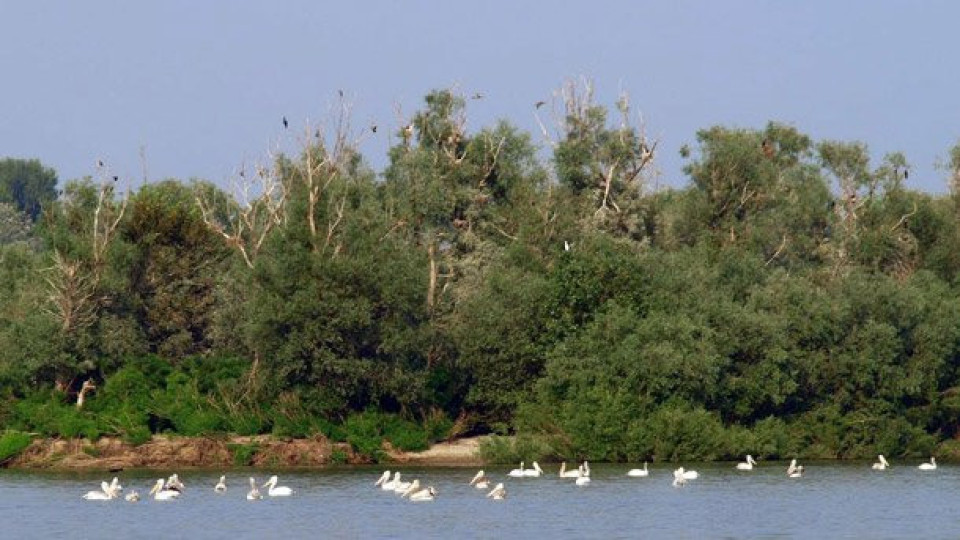

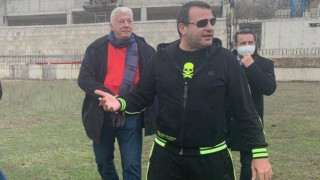
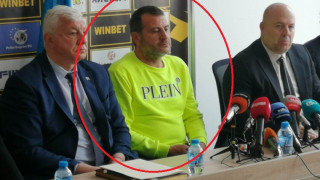

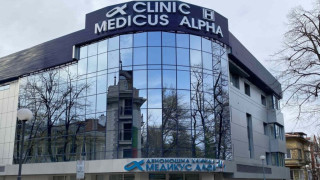
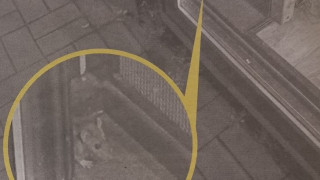
Коментирай